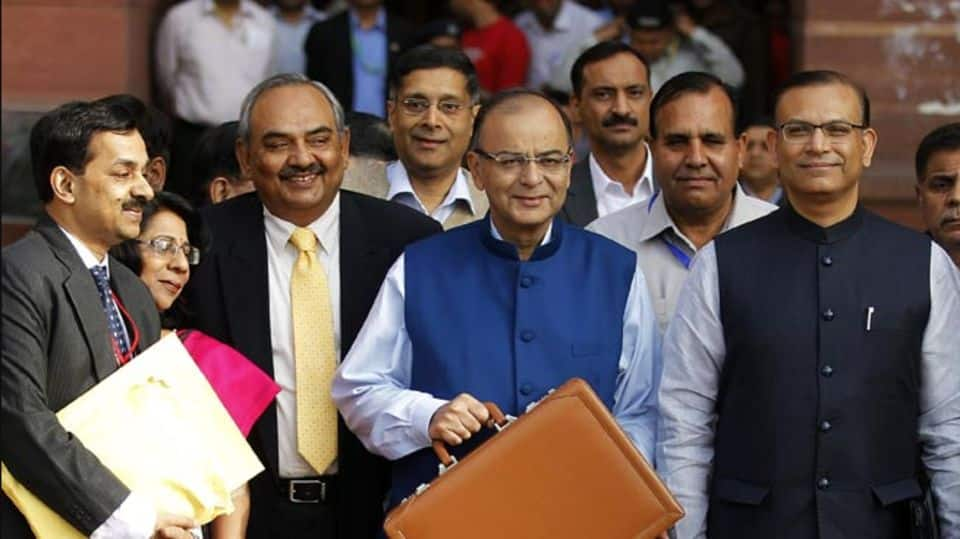
Before 2019 polls, will government lure middle-class with tax sops?
What's the story
In its final budget before 2019's general elections, the NDA government will probably woo the middle class with tax sops. The middle class has traditionally been NDA's main voter-base. The government may raise the tax slabs and provide additional benefits for health insurance. Though the middle class will be rewarded, the country's fiscal position should be considered. Here's more on what can be expected.
Schedule
First off, what is the schedule of the budget session?
The Budget session is scheduled for two parts: January 29-February 9 and March 5-April 6. President Kovind will address the joint sitting of the house on January 29. The budget will probably be presented on February 1. This will be the government's last full-fledged budget before the 2019 LS elections. The next budget will be a vote-on-account, i.e. Parliament approving routine expenditure.
Plans
What is the government planning?
So, what exactly is the government planning? To begin with, it may increase the tax exemption limit. Currently, individuals with yearly income below Rs. 2.5L are exempted from paying taxes. They also plan to return to standard deduction in some form or other. Besides, the government will try to lure the middle class with additional health insurance benefits.
LTCG tax
Is the long-term capital gains tax coming to haunt D-street?
The government may re-introduce the long term capital gains tax (LTCG). But, it will only apply to new transactions above Rs. 5L. Profit from shares sold after a year, known as LTCG, has not been taxed since 2005. The levied tax will probably be lower than about 10%. This decision might impact 5,000 odd investors, but will benefit about 5cr poor and middle-class families.
Treasury
Will it affect the government's coffers?
So, will government's calibrations affect its treasury? The "tax package" will probably be a political call. PM Modi will take this decision after deliberations with FM Arun Jaitley to ensure that it does not affect government's flagship programmes. The tight economic situation will be analyzed. Apart from the GST's impact, less-than-expected corporate tax collections will also be considered before coming to a decision.